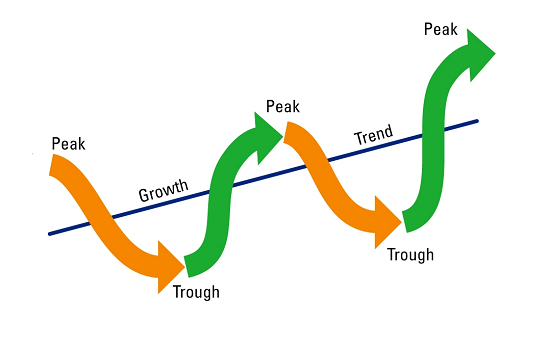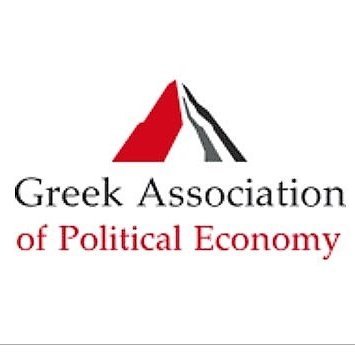Nikos Chatzarakis: A model of Cyclical Growth.
In March 19, 2021, Nikos Chatzarakis from Aristotle University of Thessaloniki will deliver the first GAPE web seminar for 2021 titled as «A model of Cyclical Growth».
Meeting Information
Date: March 19, 2021. Time: 19:30
Meeting link: https://uoa.webex.com/uoa/j.php?MTID=made55e0b368a7027b15ed6086b3f061a
Meeting number: 121 118 8098
Abstract of the seminar
«A Model of Cyclical Growth»
The conceptual difference between the Marxian theory of economic growth and the neoclassical/neo-Keynesian doctrines is the endogenizing of investment, unemployment and technological change as forces that both affect and are affected by capital accumulation. Folding out the main stylized facts of Marx’s theory of growth, beginning from the General Law of Capital Accumulation and the Reserve Army of Labour (Capital I), the Schemes of Expanded Reproduction (Capital II) and the General Law of the Falling Tendency of the Rate of Profit (Capital III), we come across all elements of growth that repeatedly appear in the later heterodox literature, such as Keynes’ theory of effective demand, the Kaleckian/post-Keynesian approaches on savings and investment, the Schumpeterian theory of fluctuating technological change and Goodwin’s modeling of the labour market. All these elements seem to be intrinsically linked to the dynamics of profitability, both regulating and being regulated by it.
Following these stylized facts, we set up a five-dimensional dynamical model that incorporates all essential components of Marx’s growth theory, that are confirmed both theoretically and empirically. The model describes the evolution of a simple closed capitalist economy, by tracking the combined evolution of the rate of profit, the capitalists’ propensities to save in constant and variable capital, the rate of capital devaluation and the rate of technological change. We proceed by analyzing the phase space of the model. Namely, we locate its equilibrium points, investigate their stability and explain their economic meaning; we also demonstrate the conditions for the existence of periodic and quasi-periodic solutions, that may be treated as the long-wave attractors. In this sense, we are able to determine whether the empirical evidence of cyclical growth can be put in under a theoretical description, as well as whether the proposed theory for the decline of the rate of profit indeed explains the cause of this cyclical growth.
More info about the programme of the web seminars for spring 2021 can be found here.




